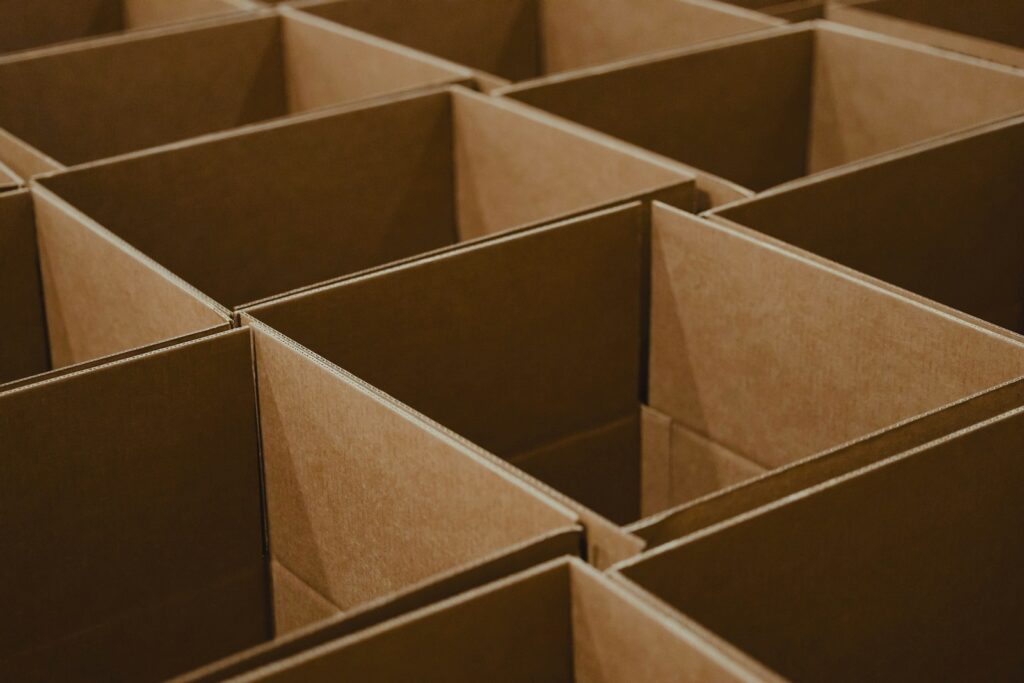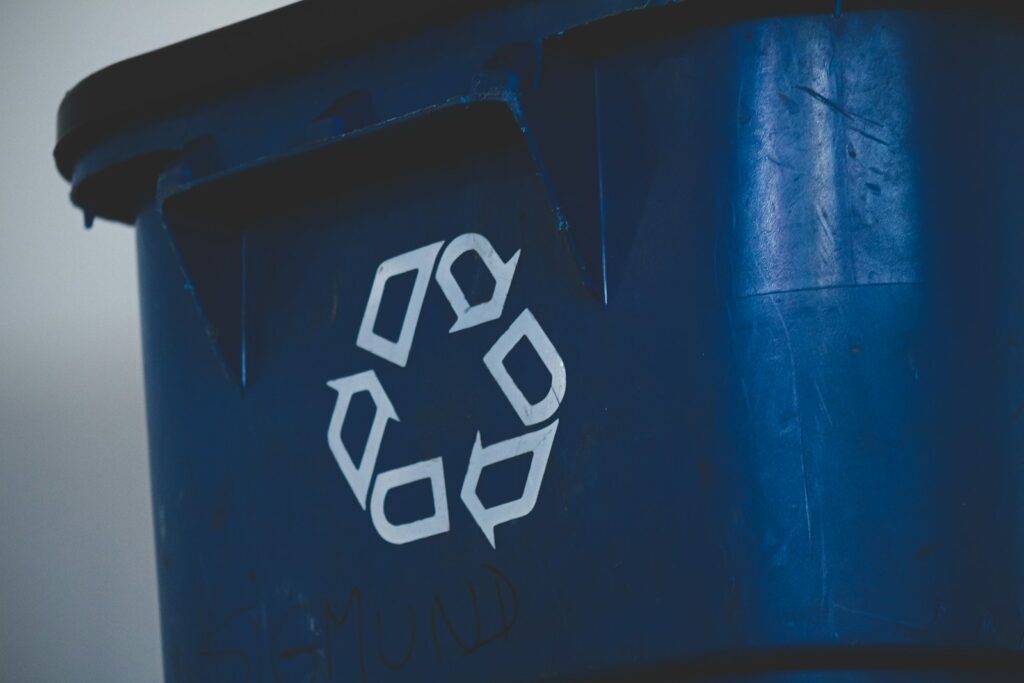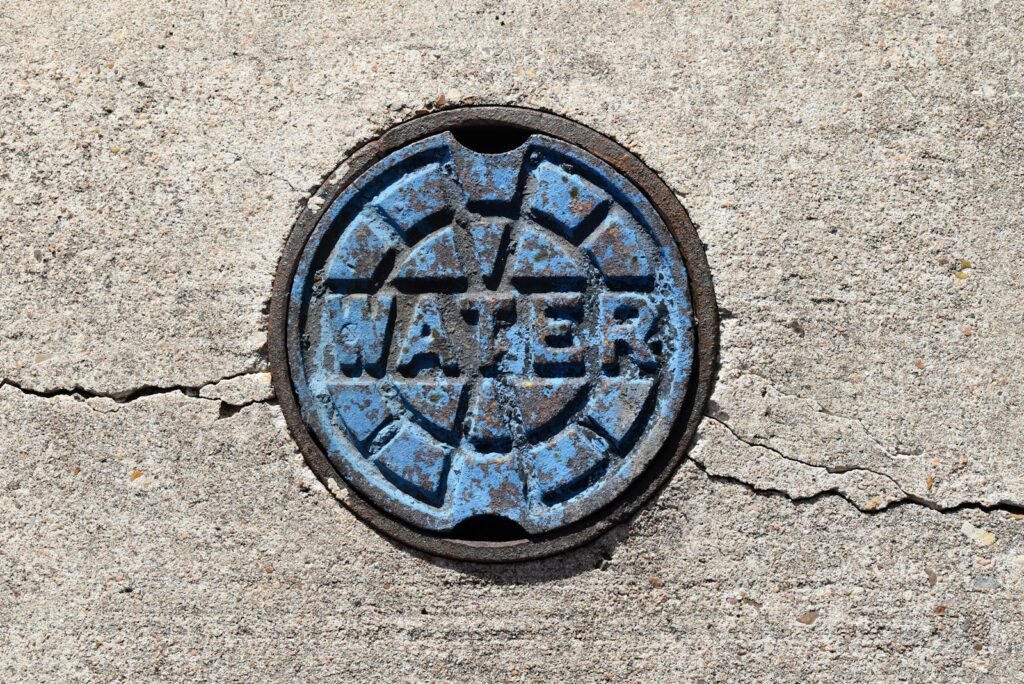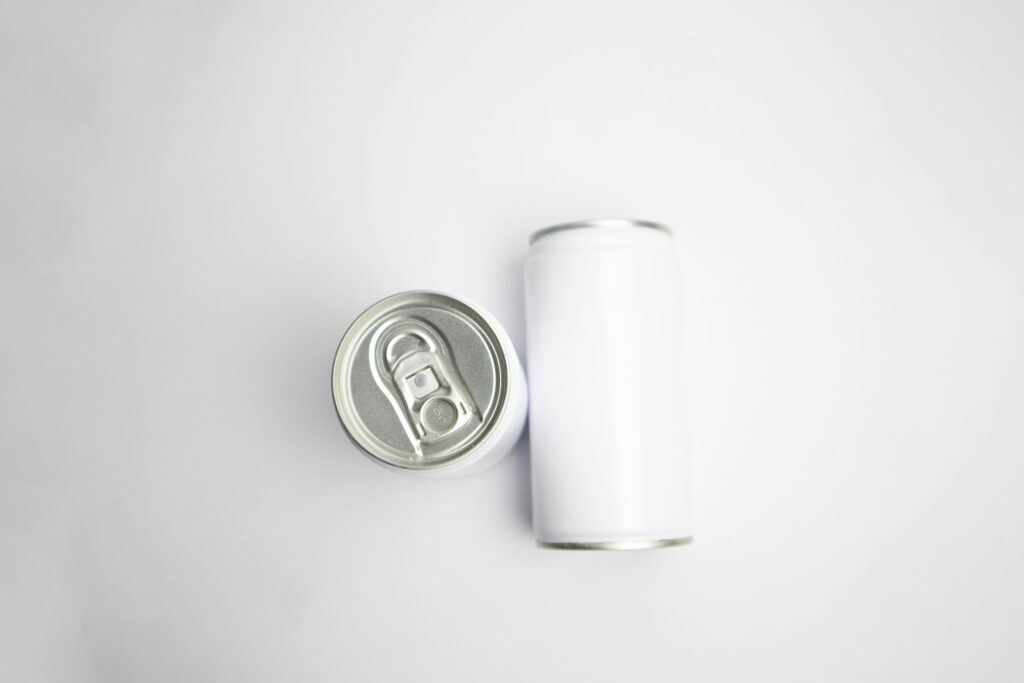Only a quarter of the British public believe that all waste that can be recycled is actually being recycled, according to a new survey by Viridor.
The waste management company’s annual UK Recycling Index reveals households are still confused about recycling, even though they are open to ideas that could lead to more products being reused.
According to the survey, two thirds of the British public are frustrated that different councils recycle items in different ways and four in 10 (43%) are very confident that they put different waste in the right bins.
More than two thirds (69%) said they would be willing to pay for a deposit return scheme. And the products most would consider using a deposit return scheme for are glass bottles (49%), plastic bottles (44%) and batteries (44%).
Earlier this month, the Scottish Government announced plans to introduce a deposit scheme for used drinks cans and bottles, as part of its legislative programme for the next 12 months.
In addition, 89% said they would consider using refillable packaging. The survey also shows the public wants more consistency in recycling.
Almost three quarters (71%) believe a consistent nationwide recycling collection would increase recycling rates, while 82% agree that recycling targets should be standardised across England, Scotland and Wales.
Going further, 45% think England’s ambition to recycle 50% of its waste by 2020 is not ambitious enough.
‘Standardised approach’ needed
‘The public are confused about what and how to recycle, with the range of collections approaches in the UK and the stretching of local authority collection periods leading to continued contamination of potentially good material for recycling,’ said Viridor’s managing director of recycling and integrated assets, Paul Brown.
‘A more standardised approach to waste collection, across local authority boundaries, would deliver economies of scale, encourage more social infrastructure in the right places and help boost economic growth.
‘The 2017 Recycling Index also shows a clear need for better education, with seven in 10 (69%) people feeling frustrated about not having enough education materials on recycling,’ added Brown.
‘The success of the recycling process begins with the public and it’s heartening that people really do want to do the right thing, but they need a clear and concise message from their local authorities if we are to collectively improve recycling performance and reach national targets.’
Sarah Heald, director of corporate affairs and investor relations at Viridor’s parent company, Pennon Group, commented: ‘This research shows the public increasingly expects sustainable recycling for all packaging, but especially for plastics which they consider to be the most polluting of all household items. Black plastic recycling is a particular challenge.
‘We are committed to developing a sustainable solution, ideally following a regional trial to prove the recyclability of a new detectable form of black packaging.’
‘Urgent action’
The Confederation of Paper Industries, Resource Association, the Recycling Association and Environmental Services Association have written a joint letter to environment minister Thérèse Coffey calling on Defra to ‘take urgent action’ to support the recycling industry.
They want a UK delegation to be sent to China to ‘negotiate at a high level in support of our desire to continue to provide the Chinese economy with secondary materials that they need, on terms that are reasonable and continue to protect the environment as well as being practicable in a UK context’.
This is in response to Chinese government plans to ‘restrict imports of recovered materials unless they reach a contamination level of just 0.3%, as well as a complete ban on the import of post-consumer plastics and mixed papers’.
The letter adds that this has ‘the potential to be very damaging for UK recycling performance’. The four trade bodies also called for WRAP to return to the ‘pressing matter of recycling market development’.
















